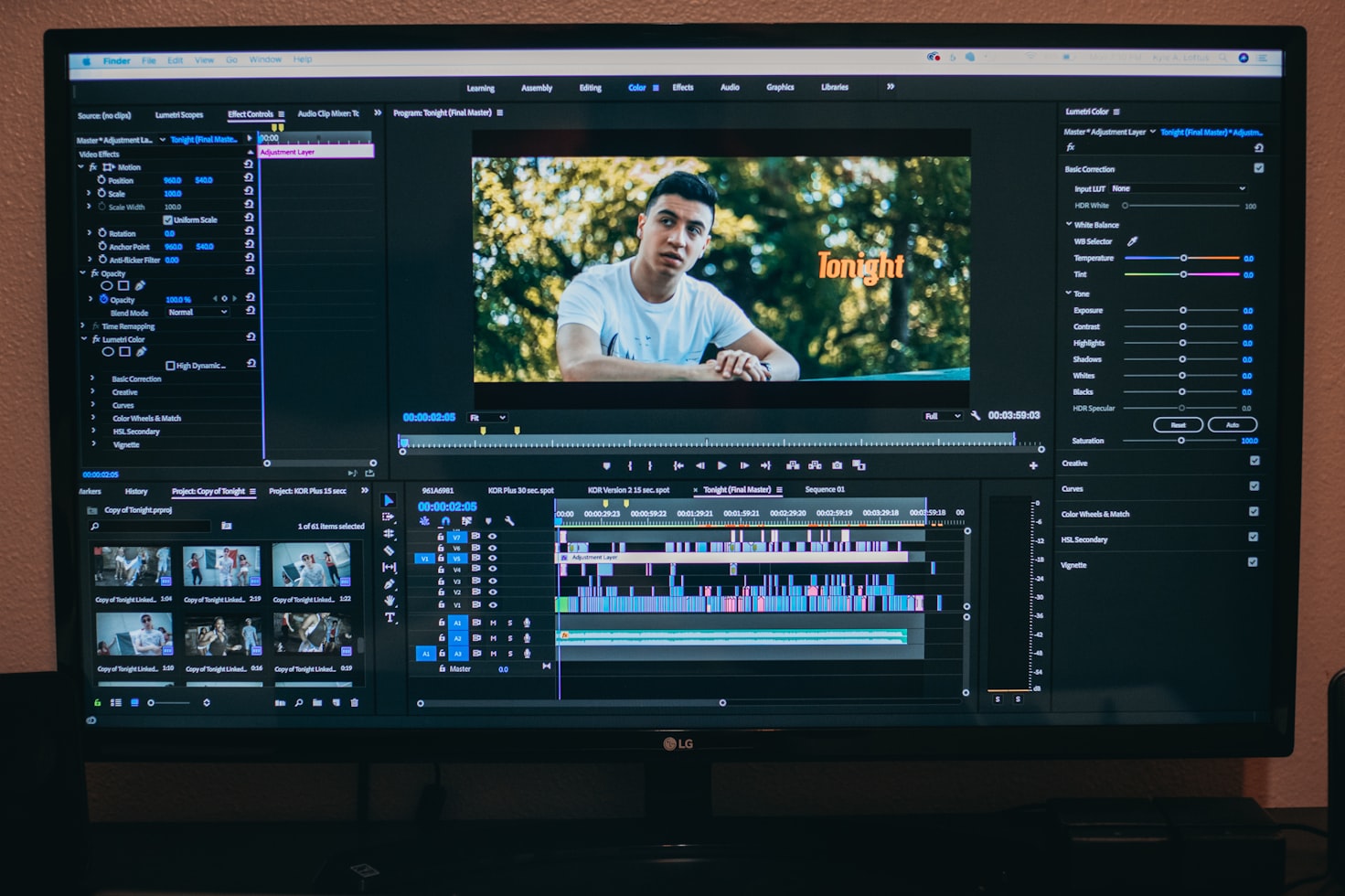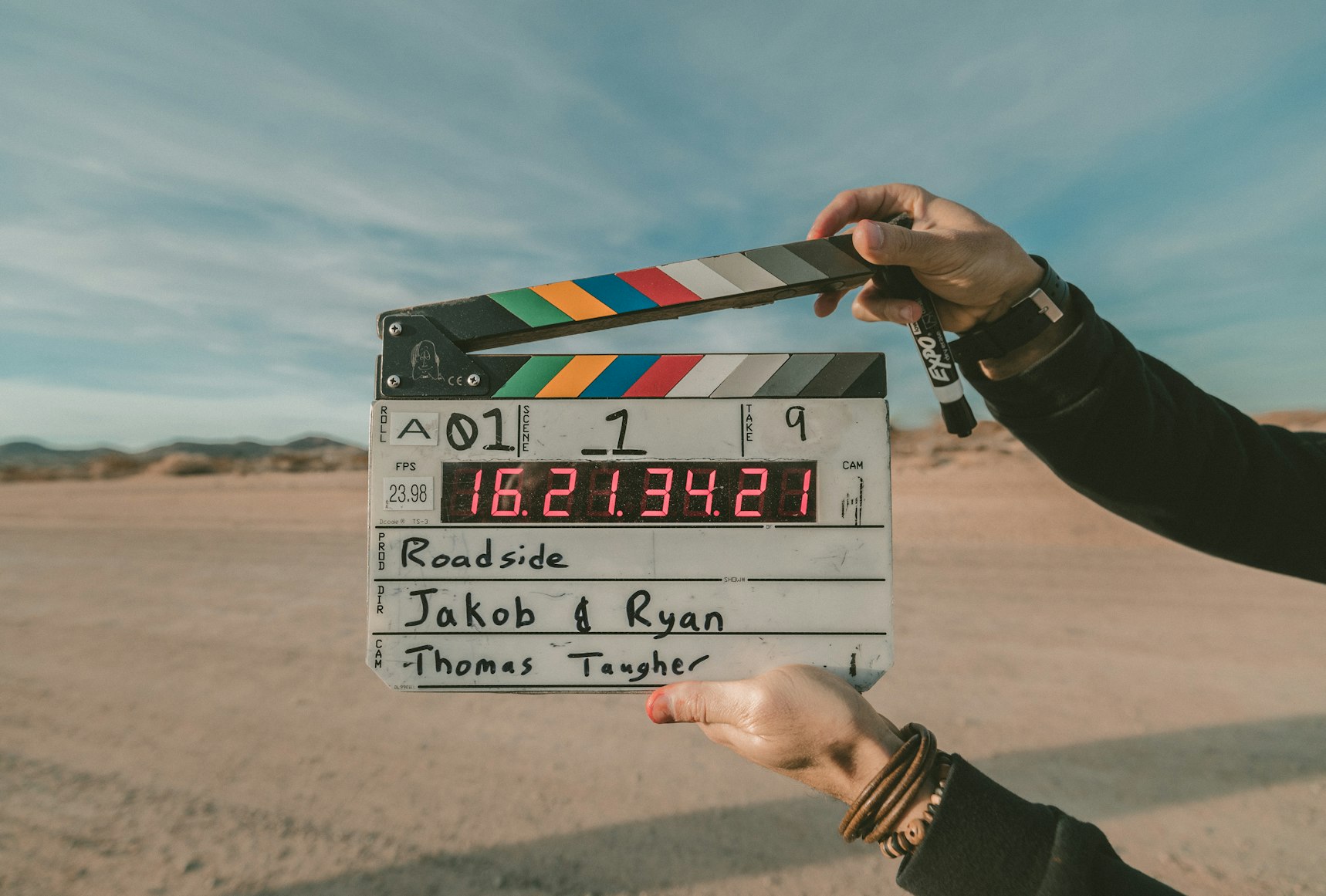
Adobe After Effects is a powerful tool for creating stunning motion graphics, visual effects, and animation. To make the most of this software, it's essential to learn some tips and tricks to streamline your workflow and enhance your creative capabilities. In this article, we'll share 10 must-know tips and tricks for Adobe After Effects users.
1. Utilize Keyboard Shortcuts
Keyboard shortcuts can significantly speed up your workflow in After Effects. Familiarize yourself with essential shortcuts, such as pressing 'P' for position, 'S' for scale, 'R' for rotation, and 'T' for opacity. You can also customize your shortcuts to suit your preferences.
2. Precompose Layers
Precomposing layers is an excellent way to organize your project and simplify complex compositions. Select the layers you want to group together, right-click, and choose 'Precompose' to create a new composition containing those layers.
3. Use Adjustment Layers
Adjustment layers allow you to apply effects and adjustments to multiple layers at once. Create a new adjustment layer by going to Layer > New > Adjustment Layer, and apply effects to the adjustment layer to affect all layers beneath it in the composition.
4. Enable Motion Blur
Motion blur adds realism and smoothness to your animations. To enable motion blur for a layer, click the motion blur switch next to the layer in the timeline, and make sure the global motion blur switch is activated at the top of the timeline panel.
5. Use the Graph Editor
The graph editor provides more control over your animations, allowing you to adjust the timing and speed of keyframes. Select a layer with keyframes, click the graph editor button in the timeline panel, and adjust the curves to fine-tune your animation.
6. Master the Roto Brush Tool
The Roto Brush tool simplifies the process of rotoscoping, making it easier to isolate elements within a scene. Double-click your footage layer, select the Roto Brush tool, and paint over the area you want to isolate. Adjust the settings to refine the selection and create a clean mask.
7. Utilize Expressions
Expressions can automate and enhance various aspects of your animations. To add an expression to a property, alt-click the stopwatch icon and type your expression in the text field. Popular expressions include wiggle, loop, and time-based effects.
8. Employ the 3D Camera Tracker
The 3D Camera Tracker analyzes your footage and creates a 3D camera that matches the original camera's movement. This tool enables you to add 3D elements to your scene seamlessly. Apply the 3D Camera Tracker effect to your footage, let it analyze the scene, and create nulls and camera layers to integrate 3D elements.
9. Use the Essential Graphics Panel
The Essential Graphics Panel allows you to create custom, reusable templates for text and graphics. This can be especially useful for creating lower thirds, titles, and other motion graphics elements. To use the Essential Graphics Panel, go to Window > Essential Graphics, and drag properties from your composition into the panel. Save your template as a Motion Graphics Template (.mogrt) for easy reuse in future projects.
10. Optimize Your Render Settings
Optimizing your render settings can significantly reduce your export time and file size. Use the Render Queue for exporting your final projects and adjust the settings according to your needs. Choose a suitable format, such as H.264 for web delivery, and adjust the Quality and Resolution settings to balance quality and file size.
Conclusion
Adobe After Effects is a versatile and powerful tool for motion graphics and visual effects artists. By implementing these 10 essential tips and tricks, you can boost your productivity, enhance your creative skills, and create more polished and professional projects. Keep exploring and experimenting with After Effects to unlock its full potential and elevate your work to new heights.


